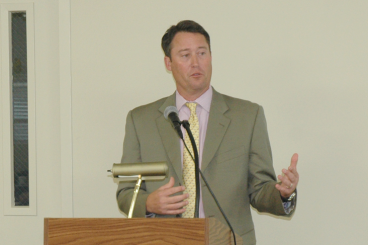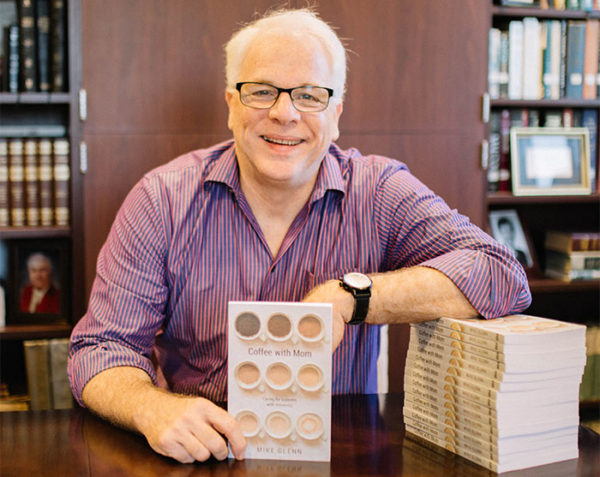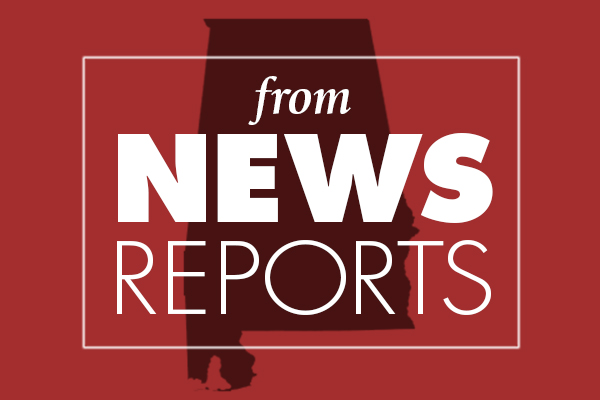By Julie Payne
While teenage drinking is at a historic low and the rate of alcohol use among seniors in high school has fallen 25 percentage points since 1980, “we still have problems,” said attorney Jason Underwood.
Approximately 80,000 deaths each year in the U.S. are related to excessive alcohol use, he noted.
Underwood spoke during the Sept. 24 meeting of the American Council on Alcohol Problems (ACAP) — a federation of 37 state affiliates promoting the reduction of alcohol advertising, availability and consumption in the U.S. — at Dawson Memorial Baptist Church, Birmingham.
Privatization of alcohol sales, which has been informally discussed among state legislators, is not the answer to eliminating the social ills caused by alcohol abuse, said Underwood, who handles government relations for Sazerac, the largest privately held manufacturer of alcoholic beverages in the U.S.
With privatization “you get less tax revenue and more problems associated with increased drinking,” he said.
Privatization is when private companies handle alcohol sales and distribution rather than being in a “control state,” where the state sells and distributes heavier beverages at local Alcohol Beverage Control (ABC) stores. Alabama is a “control state.”
Joe Godfrey, executive director of ACAP-affiliate Alabama Citizens Action Program (ALCAP), said Alabama currently ranks among the highest in revenue in alcohol sales and among the lowest in consumption.
“The fact that [control] keeps consumption low is the thing that concerns us (ALCAP) the most,” he said. “When you take away controls, consumption goes up.
“The fact (is) that we’re talking about an addictive, mind-altering drug that must be controlled, even to the point that (liquor) manufacturers recognize the need for control,” Godfrey said.
In his presentation, Underwood cited the example of Washington state, which privatized in 2012 as a result of a statewide referendum led by Costco, who contributed roughly $25 million to the winning campaign.
Alcoholic beverage sales in Washington state have increased by more than 40 percent since it privatized, he said, noting teen drinking and shoplifting also have increased. Individual stores reported losing as much as $50,000 in the first three months of privatization, he added.
Also speaking at the ACAP meeting was James Angel, a professor in the department of kinesiology at Samford University in Birmingham, who outlined the negative impacts of alcohol.
There are several specific health risks of chronic heavy drinking, he said. They are: anemia, cancer, cardiovascular disease, cirrhosis, depression, alcoholic liver disease, alcohol dementia, seizures, gout, high blood pressure, infectious disease (heavy drinking suppresses the immune system), nerve damage and pancreatitis.
Angel also noted that adolescents and young adults are at an increased risk to alcohol’s harmful effects, especially if binge drinking. And according to the Centers for Disease Control and Prevention, 90 percent of all alcohol consumed by teens is done while binge drinking, he said.
For more information about ACAP, visit www.alcoholproblemsandsolutions.org, and for more information on ALCAP, visit www.alcap.com.






Share with others: